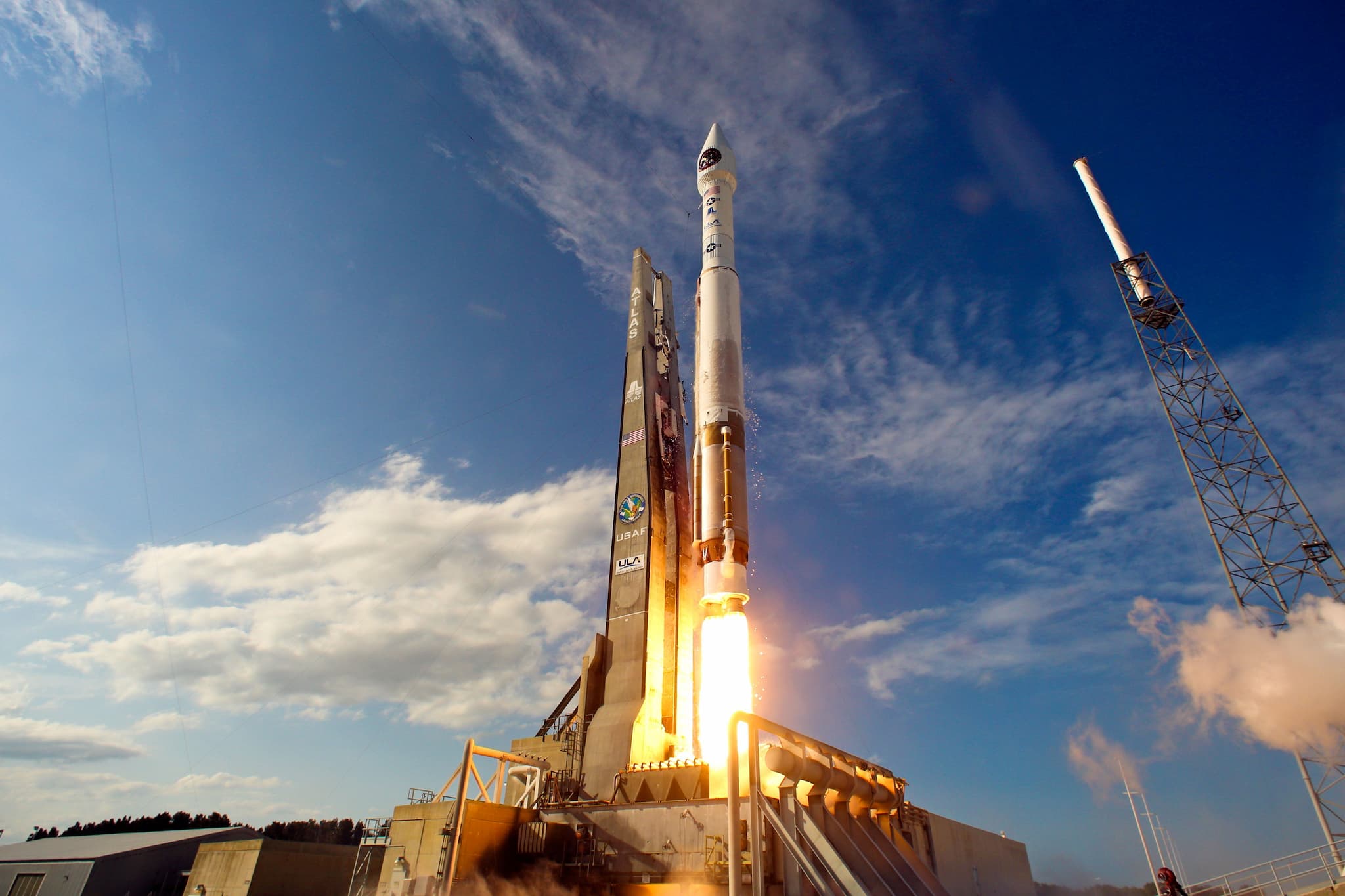President Trump announced today that he is ordering the creation of a sixth branch of the military: the Space Force.
“I’m directing the Department of Defense and Pentagon to immediately begin the process necessary to establish a Space Force as the sixth branch of the armed forces,” Trump said at a meeting of the National Space Council.
“That’s a big statement," he added. How do you know something is a big deal? When the speaker tells you it is.
Trump, in a fantastic case of "I don't think that means what you think it means," described the new Space Force as “separate but equal” to the Air Force.
The announcement, which came after Trump defended his policy of separating children from their parents and holding them at the border, then blamed Democrats for it, was immediately followed by a statement that seemed to encourage the “rich guys [who] seem to like rockets” to bid for military contracts. Presumably, he means the private companies that have been more or less dominating and shaping the future of space missions.
This idea may be less bonkers than it sounds. Some in the military have argued that future conflicts may happen off-world, and without a special program committed to readying the U.S. for such a conflict, it may be 50 years before the country is ready. With a committed Space Force, that could be chopped down to three years.
But Americans have other priorities. Earlier this month, a Pew survey indicated that most Americans want the space agencies to pay more attention to Earth and work to solve problems like climate change instead of sending astronauts back to the Moon. Plus, the U.S. already spends more on its military than the next seven closest countries combined. As the Trump administration continues to slash budgets, it will be hard to justify more spending on rockets that might fight some distant space wars when there are more pressing, present needs.
Granted, it's not clear that the Space Force will ever come into existence. Congress needs to approve the creation of a new branch of the military, and as of last year others in the federal government didn't seem too inclined to do so. And Trump has, well, the tendency to just sort of say things. So it's not yet clear if or how his new plans will move forward.
Some lingering questions:
- How will this Space Force differ from the Air Force — and why not just give NASA more money to take care of whatever missions this force may someday have to handle? The Department of Defense has not yet responded to our request for comment, but we will update as we learn more.
- What war would we be fighting, exactly? Because the United States is one of 105 nations to sign an international treaty banning the militarization of space. So, does that mean that we are about to once more break away from the rest of the world?
- Also, just generally, why though? Just, why?
Share This Article
